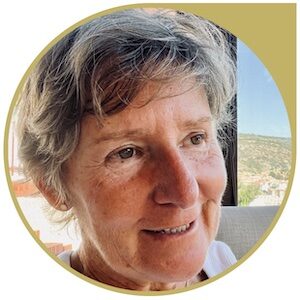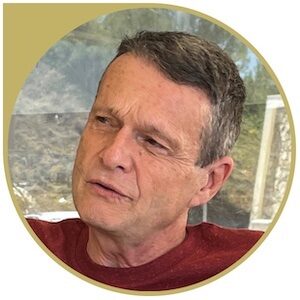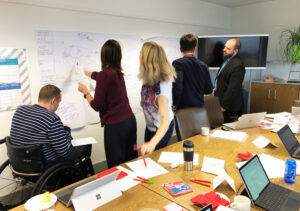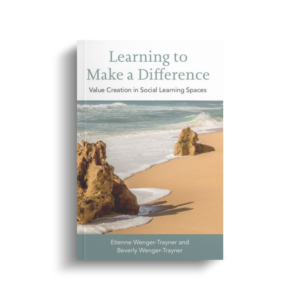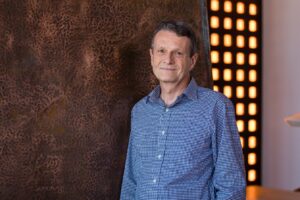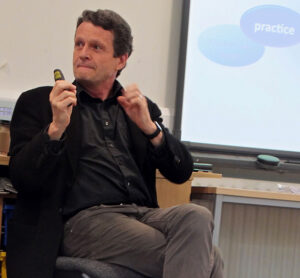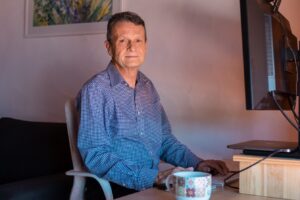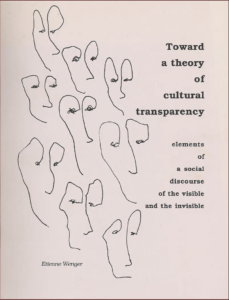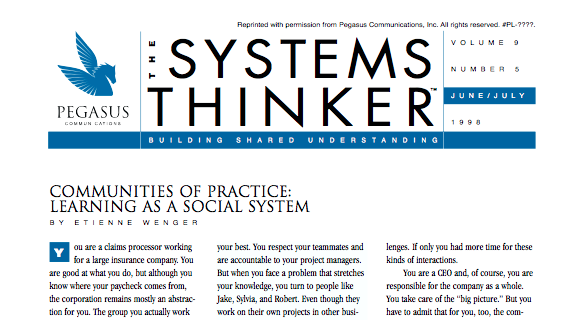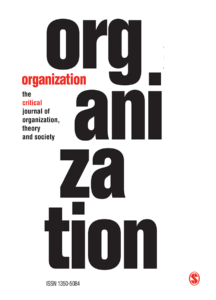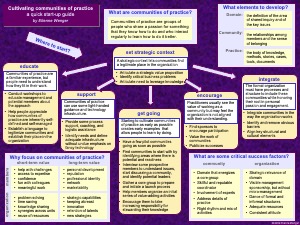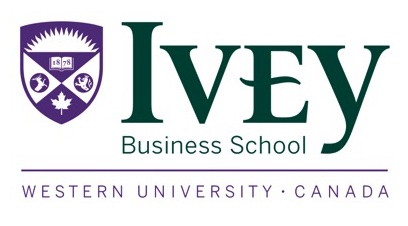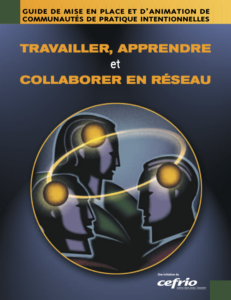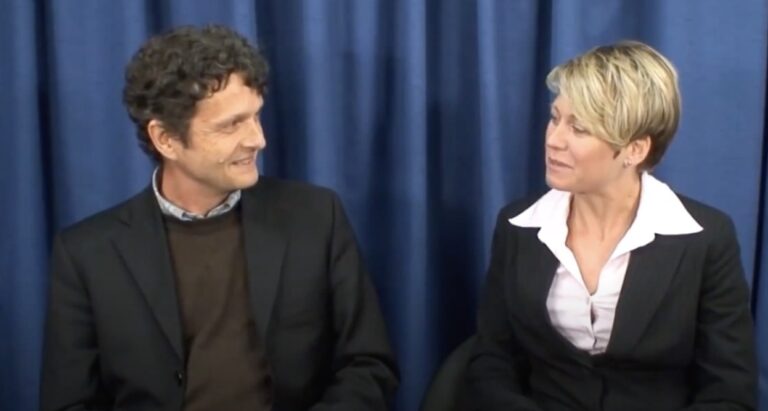Etienne
Wenger-Trayner
I have been working on developing the theory and practice of social learning for more than three decades. The social perspective that emerges from this work is profoundly humanistic, but I have tried to give enough theoretical rigor for it to be useful in practice. And it is my hope that this work will be of use to all who want to foster social learning as a way to address the challenges we face today, individually and collectively, locally and globally.
Welcome to my personal page. On this page, you will find:
- A series of professional biographies of various lengths and a link to my Google Scholar profile
- Some photos you can use
- A short personal bio, with facts you won’t find on professional bios
- An archive of things I have done on my learning journey that are now too old to be on the official website, but that I include on my personal page for historical value
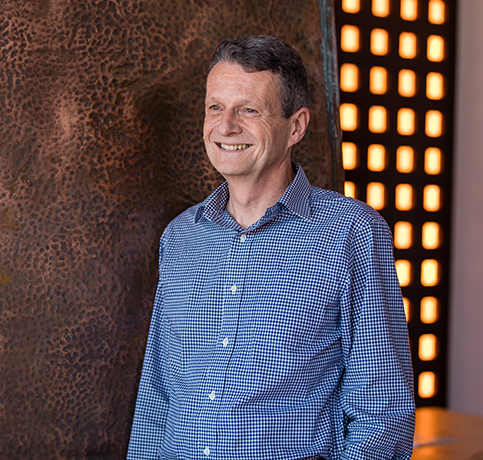
Professional bios
Longer and shorter bios for use in advertising events
Etienne Wenger-Trayner is a globally recognized thought leader in the field of social learning theory, including communities of practice and their application. He has authored and co-authored seminal articles and books on the topic: Situated Learning, where the term “community of practice” was coined; Communities of Practice: learning, meaning, and identity, where he lays out a theory of learning based on the concept; Cultivating Communities of Practice: a guide to managing knowledge, addressed to practitioners in organizations; Digital Habitats, which tackles challenges of using technology. His more recent books are coauthored with Beverly Wenger-Trayner. Learning in Landscapes of Practice expands the learning theory beyond single communities. Learning to make a difference: value creation in social learning spaces lays a new foundation for the theory, along with a framework for supporting and assessing social learning. Systems Convening sheds light on a crucial form of cross-boundary social learning leadership. The Communities of Practice Guidebookprovides guidance for cultivating communities in and across organizations. This work is influencing both theory and practice in a wide range of disciplines. It increasingly provides a foundation to social-learning approaches for organizations in the private and public sectors. It is also influential in the academic sphere. One of the most cited authors in the social sciences, Etienne regularly speaks at conferences and seminars. He received honorary doctorates from the University of Brighton and the British Open University. To further develop social-learning theory, practice, and leadership, Etienne and Beverly recently founded the Social Learning Lab in Sesimbra, Portugal.
Etienne Wenger-Trayner is a globally recognized thought leader in the field of social learning. He has authored and co-authored seminal books: Situated Learning, where the term “community of practice” was coined; Communities of Practice, which lays out a theory of social learning; Cultivating Communities of Practice, for practitioners in organizations; Digital Habitats, about the use of technology. His more recent books are coauthored with Beverly Wenger-Trayner. Learning in Landscapes of Practice expands the learning theory beyond single communities. Learning to make a difference proposes a new framework for understanding and supporting social learning. Systems Convening describes cross-boundary social learning leadership. Communities of Practice Guidebook provides practical guidance. Etienne is sought-after consultant. He is also one of the most cited authors in the social sciences and recipient of two honorary doctorates. To further develop social-learning theory, practice, and leadership, Etienne and Beverly recently founded the Social Learning Lab in Sesimbra, Portugal.
Etienne Wenger-Trayner is a globally recognized thought leader in the field of social learning. His early books include: Situated Learning, where the term “community of practice” was coined; Communities of Practice, about the theory; and Cultivating Communities of Practice, for practitioners. Etienne is a sought-after consultant and one of the most cited authors in the social sciences. His more recent books, coauthored with Beverly Wenger-Trayner, further the theory and practice of social learning: Learning in Landscapes of Practice, Learning to make a difference, Systems Convening, and the Communities of practice guidebook. Etienne and Beverly recently founded the Social Learning Lab.
Etienne is a social learning theorist and consultant, known for his work on communities of practice. He and his wife Beverly develop the theory by consulting in a wide variety of contexts to help people develop the capacity to learn with and from each other.
Etienne is mostly known for his work on communities of practice. More generally, he is developing the theory and practice of enhancing social learning capability at various levels of scale.
Personal story
Facts of life you won’t find in a professional bio
I grew up in Switzerland in a small town called Neuchâtel. It is in the French-speaking part of the country, which means that French is my mother tongue. I am still fluent in French, but English has become my professional language and I find it a bit challenging to talk about my work in French.
Neuchâtel is by a large lake of the same name. Our apartment was on the waterfront. Across the lake, on a clear day, you can see the Alps in the distance. It is a beautiful sight. Could be why I always longed to go far and explore.
In my youth, I was a hippie. I also lived in an ashram, both in India and Switzerland. Later, I was a French teacher, first in Hong Kong for three years, then in Denver for two. All this sparked my interest in learning, especially after I started to read the work of Maria Montessori.
Most of the people in Hong Kong were taking French to gain a few points on the Canadian immigration scale and the kids in Denver were largely uninterested. I wanted to have something more relevant to teach. So, I returned to Switzerland to study computer science at the University of Geneva. This led me to become interested in computer-based approaches to learning.
After moving to the University of California at Irvine to do a PhD, I became interested in artificial intelligence and its applicability to education. A broad survey of that field was the topic of my first book. This early book got me invited to a new, interdisciplinary research outfit in Palo Alto, the Institute for Research on Learning.
There I started to work with an anthropologist, Jean Lave, who had been studying traditional apprenticeship in West Africa. Together, we started the line of research on communities of practice. Those were deeply formative years. When the institute ended, I went off on my own to follow where the concept of community of practice was being adopted.
I have been married three times. My first wife, Anita, was Chinese; my second wife, Paula, American. I am now married to Beverly who is my ideal partner in life and work. I guess third time’s the charm.
Bev and I agreed we would live in California until my youngest went to college. After that, it would be Bev’s turn to decide where we live. She chose Portugal, where she had lived more than 20 years before our marriage. So, after spending 37 years in California, I have moved to Portugal. We found the perfect house to both live and start our Social Learning Lab. It took a lot of work to restore it from years of neglect, but we could not be happier with it.
Two of my own three children still live in California. Jad runs Heart Beet Gardening, an organic urban-farming company in LA. Sheena Birrittella is an aspiring film composer. The third, Kehan, is studying music at the Berklee College of Music. Bev’s two children live in California and the UK.
The archive
For the curious archeologist among us…
- Early writing
- Forewords
- A sample of interviews (published and video)
This museum is more for historians than for those trying to understand the current relevance of the work. I myself no longer stand by everything that’s here—though I do not disown it. Well, I heard someone say that if you don’t cringe at your past, you are not growing.
Early writing
A sample of early writing in chronological order
(Click on image for download, if available)

Artificial intelligence and tutoring systems: computational and cognitive approaches to the communication of knowledge
Etienne Wenger
1987
Morgan Kaufmann Publishers
This was my first book. It evolved out of a survey of the field of applications of AI to education, which I had been doing as part of my PhD preparation. Since the field was young and such a survey did not exist, a publisher was interested in making it into a book. It describes all the key systems designed at the time and provides a conceptual framework for the field.
Toward a theory of cultural transparency: elements of a social discourse of the visible and the invisible.
Etienne Wenger
1990
Unpublished PhD dissertation. University of California, Irvine.
My dissertation was an ethnography of a claims processing office in an insurance company. When Cambridge University Press offered to publish it, I was honored, but responded that a few loose threads needed a bit of work. Eight years later, it had been reworked into the book Communities of Practice: learning, meaning, and identity. I don’t think any of us realized it would take that long.
From school to work: an apprenticeship in institutional identity
Penelope Eckert and Etienne Wenger
1994
Institute for Research on Learning
A comparison between the high-school students in Penny Eckert’s work and the claims processors in my dissertation suggests that the identity of institutional marginalization these students develop in school fits right in the workplace.
Communities of practice: learning as a social system
Etienne Wenger
1998
The Systems Thinker
It was still the early days of communities of practice making it into organizations, so I was quite proud when the editors of The Systems Thinker asked me to write a piece for their magazine. There are some early ideas there, which have been developed later.
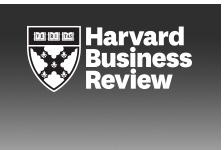
Communities of practice: the organizational frontier
Etienne Wenger and William Snyder
2000
Harvard Business Review
This was our breakthrough into the top tier of the popular business press. It was more than two decades ago, before the term became common in organizations. So, it was quite exciting.
Communities of practice: a quick start-up guide
Etienne Wenger
2001
Someone had asked me to create one single slide to describe at-a glance the key elements of a community of practice initiative in an organization. It still has relevance, but perhaps missing the importance of organizational politics.
Knowledge management is a doughnut: shaping your knowledge strategy through communities of practice
Etienne Wenger
2004
Ivey Business Journal
An exploration of the contribution of communities of practice to the field of knowledge management, in particular with a view to making knowledge management more strategic. The basic argument is that practitioners are in the best position to manage the knowledge they need for their practice.
In defense of goodwill: a community perspective
Etienne Wenger
2003
My son was organizing protest against the Iraq war and he asked me to write this letter to President Bush to make a statement based on my work.
Social learning capability: four essays on innovation and learning in social systems
Etienne Wenger
2009
EQUAL Project
These essays were written as part of my participation in the EQUAL project. In that project, I was already working with Beverly, so the writing reflects our collaboration and conversations even though the EQUAL project listed me as the single author for this publication.
Forewords
I have written a few forewords for various books and publications over the years—and though I do not do this anymore, there is some interesting stuff in there.
The birth of a theory: innovation at the boundaries
Etienne Wenger
2005
Foreword in:
Organizational learning and communities of practice in a high-tech manufacturing firm, by Anthony M. Barrett.
This foreword is a brief reflection on the birth of social learning theory at the Institute for Research on Learning. It argues that, like many innovations, this theory was born at the boundary of different practices. The idea of the institute was to bring different academic disciplines in close interaction to “rethink learning.” I was a graduate student at the time and the conflicts and arguments at these academic boundaries were absolutely formative for me.
Communities of practice in the 21st-century organization
Etienne Wenger
2005
Foreword to the guidebook published by the CEFRIO in Québec: Travailler, apprendre et collaborer en réseau. Guide de mise en place et d’animation de communautés de pratique intentionnelles.
A fairly good overview of my thinking about communities of practice in organizations at the time.
I wrote it in English and the CEFRIO organization then translated it into French which as the language of their publication.
Communities of practice for a multi-scale learning system
Etienne Wenger
2007
Foreword to the guidebook that the IDEA Partnership in the USA published for their members in their broad effort to help the states provide quality education for students with disabilities.
Communities of practice are described as providing four “disciplines” for bringing people together in an effort to address the type of multi-scale, multi-stakeholder challenges that the IDEA Partnership was taking on. These include the discipline of domain, the discipline of community, the discipline of practice, and the discipline of leadership and social artistry.
More coming soon …
Interviews
Here are a few examples of interviews I =have given, both in print and on video
Engagement, identity, and innovation: Etienne Wenger on communities of practice
Interview with Seth Kahan, with commentary by Jeff de Gagna
2004
Journal of Association Leadership
A conversation exploring the opportunities of communities of practice to foster social learning and leverage diversity in the context of professional associations.
The Long view
Interview by the staff of the Association for Talent Development (formerly ASTD)
2011
T+D Magazine
A brief interview about the origin and evolution of the concept of communities of practice, both from a biographical perspective and with a view to its application to learning in the workplace.
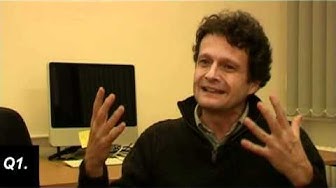
Click on the questions on the right to access the videos.
18 questions on social learning theory
Series of short video interviews by Mike O’Donoghue
2010
Recorded while I was a visiting professor at the University of Manchester
- Q1: What is situated learning?
- Q2: Is there a connection between stated learning and situated cognition?
- Q3: How do learners orientate themselves in a social learning landscape?
- Q4: Do the online spaces we visit define who we are in the siutated learning landscape?
- Q5: Is a community of practice today different to what it was ten years ago?
- Q6: How is the decision to join a community of practice made or not made?
- Q7: Is acceptance the most important factor in determining whether we are part of a particular community of practice or not?
- Q8: Are the borders of a community defined by those who bring new perspectives to it?
- Q9: Is participation in a particular community dynamic in time as well as space?
- Q10: What are the pitfalls in researching these themes?
- Q11: What would an identity based curriculum look like?
- Q12: Is reification more than the formalisation of a process?
- Q13: Is the meaning of an artefact only known to its maker?
- Q14: Is it easier to interpret artefacts in a media rich world?
- Q15: Is the challenge of the 21st Century to find meaning and identity in the complex society we live in?
- Q16: What theory or theories of learning are needed in order to develop meaning and identity?
- Q17: How can these theories help practice?
- Q18: What one idea or theme would you like people to take away from this interview?
More coming soon …

